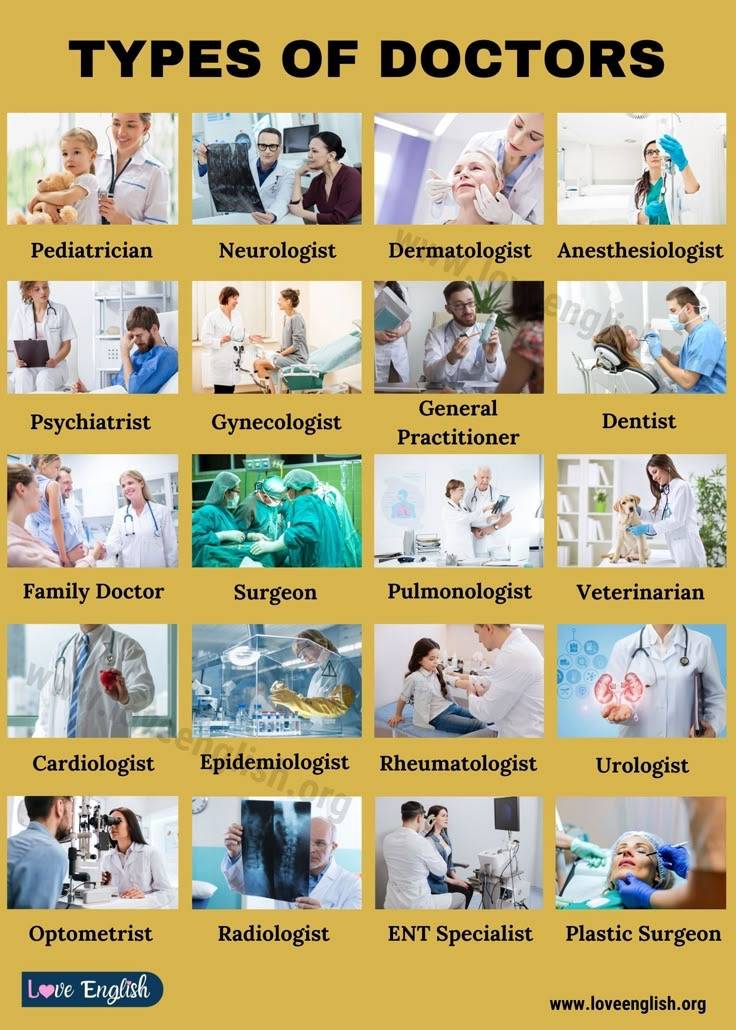Becoming a medical professional requires dedication, hard work, and a passion for helping others. Here's a step-by-step guide:
*Step 1: Earn a Bachelor's Degree (Typically 4 Years)*
- Choose a pre-med or science-related major (biology, chemistry, physics)
- Maintain a strong GPA (3.5+)
- Take required pre-med courses (organic chemistry, biochemistry, physics)
*Step 2: Take the Medical College Admission Test (MCAT)*
- Prepare for the exam through coursework and study materials
- Score competitively (above 500)
*Step 3: Attend Medical School (Typically 4 Years)*
- Apply to accredited medical schools
- Complete clinical rotations and electives
- Earn a Doctor of Medicine (M.D.) or Doctor of Osteopathic Medicine (D.O.) degree
*Step 4: Complete Residency Training (Typically 3-7 Years)*
- Apply for residency programs through the National Resident Matching Program
- Work under supervision of experienced physicians
- Gain hands-on experience in your chosen specialty
*Step 5: Obtain Licensure and Certification*
- Pass the United States Medical Licensing Examination (USMLE) or Comprehensive Osteopathic Medical Licensing Examination (COMLEX) series
- Obtain board certification in your specialty
*Step 6: Pursue Additional Training (Optional)*
- Fellowship programs for specialized training
- Continuing medical education (CME) courses
*Step 7: Maintain Certification and Licensure*
- Complete ongoing CME requirements
- Renew certification and licensure periodically
Some medical professions require less education and training:
- Nurse Practitioners: Master's degree, licensure, and certification
- Physician Assistants: Master's degree, licensure, and certification
- Medical Assistants: Post-secondary certificate or associate's degree
Remember:
- Research and choose a medical profession aligned with your interests and skills.
- Stay focused, motivated, and committed to your goals.
- Seek guidance from mentors, advisors, and healthcare professionals.
Potential Challenges:
1. Highly competitive medical school admissions.
2. Demanding coursework and clinical rotations.
3. High stakes licensing exams.
Contingency Plan:
1. Consider alternative healthcare careers (Nurse Practitioner, Physician Assistant).
2. Reapply to medical school or residency programs.
3. Seek additional training or certifications
Professional Development:
1. Attend conferences and workshops.
2. Participate in continuing education courses.
3. Join professional organizations.
Mentorship:
1. Find experienced mentors.
2. Seek guidance on career advancement.
Work-Life Balance:
1. Prioritize self-care.
2. Set boundaries.
3. Pursue hobbies.



